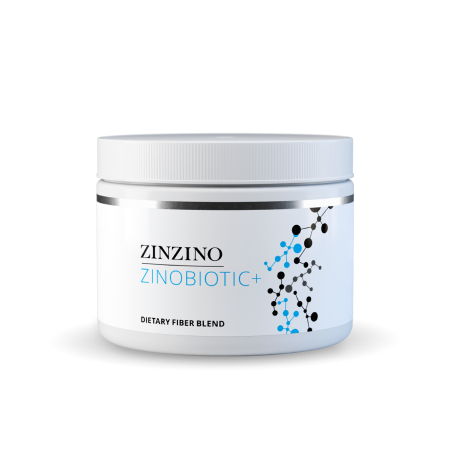What is a healthy gut and why is the gut microbiome important?

Having a ‘gut feeling’ isn’t just a turn of phrase. Our gut is called the second brain for a good reason. The brain and gut are intimately connected by an extensive network of neurons and a ‘nerve highway’ of chemicals and hormones. This provides constant feedback and communication about how hungry we are or how stressed we feel.
To quantify the brain-gut-health connection, notice how the body responds to anxiety, for example. It’s not uncommon for someone to experience digestive disturbances, prompting a trip to the bathroom.
To have a healthy gut is to enjoy daily bowel movements without obstruction or pain. No bloating, gas, constipation or diarrhea. A ‘happy’ gut also means having a good balance of bacteria, or microbes, in the gastrointestinal tract. The gut microbiome helps absorb nutrients (and therefore, energy) and fight harmful viruses.
The most common causes of gut health issues
Constant gas after meals, excessive burping, heartburn and fatigue post-meal are all signs of digestive woes. But what causes these issues? Tummy troubles can be caused by bacterial overgrowth (undigested food by the time it reaches the colon), partial digestion (fermented and putrefied), low bile and enzymes, nutrient deficiency, and poor chewing.
The importance of gut health for overall well-being
Gastrointestinal functioning is not just a system that works in isolation. It impacts the health of the entire body. Dozens of conditions come into play when it comes to the state of gut health – many of which might be of surprise, including our mood. Microbial function is the driving force of good health and nutrition plays a key role.
How to improve gut immunity and microbiome
There are broader should-do’s when it comes to leveraging the power of good health through the gut. Cut back on processed foods and stick to the perimeter of the supermarket where all the real food is. Stay hydrated, exercise regularly, engage in de-stress activities and positive sleep habits. Consume probiotics, fermented foods and prebiotic fiber. And of course, avoid smoking and the exposure to toxic products that wreak havoc on the stomach.
Eat like you live in the Mediterranean
Foods that are perceived or labeled as ‘healthy’ don’t always agree with the gut. Dairy, soy-based products and meat alternatives are good examples. For chronic issues, it’s worthwhile keeping a food diary and tracking how the digestive system behaves.
Follow a clean, wholesome diet that is high in fiber1, like the Mediterranean diet and support it by gut-balancing nutritional supplements such as ZinoBiotic+. It’s a tailored blend of eight natural dietary fibers2. digestion resistant starch3 from whole grains, inulin from chicory root, beta glucan4 from oats, and fructooligosaccharides (FOS) also from chicory root and psyllium husk. ZinoBiotic+ promotes healthy bowel functions, reduces feelings of bloating and helps you maintain normal cholesterol levels.*
* These statements have not been evaluated by the Food and Drug Administration. This product is not intended to diagnose, treat, cure, or prevent any disease.
3. Replacing digestible starches
Virškinamojo krakmolų pakeitimas atspariuoju krakmolu valgyje padeda sumažinti gliukozės kiekio kraujyje padidėjimą po šio valgio. Šį teiginį galima naudoti tik tiems maisto produktams, kuriuose virškinamasis krakmolas yra pakeistas atspariuoju taip, kad galutinis atspariojo krakmolo kiekis yra bent 14 % viso krakmolo.
4. Bēta glikāni veicina normāla holesterīna līmeņa uzturēšanu asinīs
Bēta glikāni veicina normāla holesterīna līmeņa uzturēšanu asinīs. Norādi var izmantot tikai pārtikas produktiem, kas satur vismaz 1 g bēta glikānu no auzām, auzu klijām, miežiem, miežu klijām vai no šo izejvielu maisījumiem uz noteikta lieluma porciju. Lai izmantotu norādi, patērētājam ir jāsniedz informācija par to, ka labvēlīgā iedarbība tiek nodrošināta, katru dienu uzņemot 3 g bēta glikānu no auzām, auzu klijām, miežiem, miežu klijām vai šo bēta glikānu maisījumiem.


Share this page
Or copy link